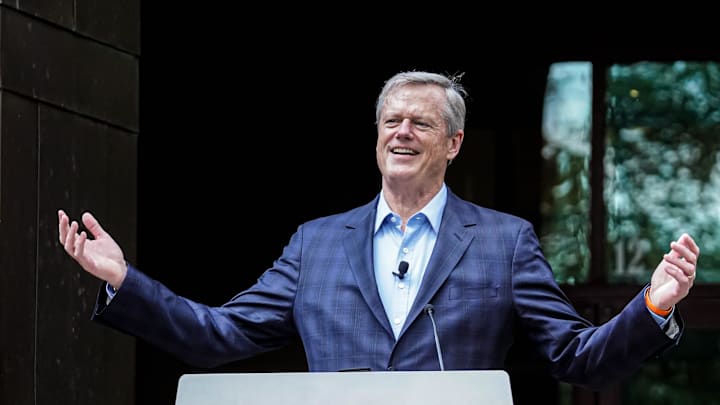House vs. NCAA Settlement Stalls, Litigation May Proceed

Yesterday, the House v. NCAA settlement, a case that has emerged as a pivotal point in the ongoing discourse surrounding athlete compensation in college sports, hit a stalling point. The two-hour session convened plaintiffs’ attorneys, NCAA legal representatives, and objectors, each presenting their arguments on the proposed settlement.
Presiding over the hearing, Judge Claudia Wilken raised substantial concerns about the proposed limitations on third-party Name, Image, and Likeness (NIL) payments, particularly those originating from booster-led collectives. Her apprehension was based on the belief that the settlement should not restrict the financial opportunities currently accessible to athletes. This insistence on safeguarding these rights reflects a growing acknowledgment of the necessity for equitable compensation frameworks within NCAA athletics.
Following the hearing, NCAA President Charlie Baker expressed his disappointment. “Last night’s hearing did not go as we hoped,” Baker wrote in a letter. “The court posed worthwhile questions that the NCAA began working through immediately last night with our partners in the conferences. The proposal presented to the court was the product of months of negotiations with student-athletes attorneys whose track records speak for themselves when it comes to effective athlete representation.”
In response to Judge Wilken's feedback, the NCAA and the plaintiffs’ attorneys have been allotted three weeks to amend the settlement language, particularly regarding the contentious restrictions on NIL collectives. This revision is crucial, as NCAA attorney Rakesh Kilaru cautioned that disagreements over these terms could jeopardize the entirety of the settlement. The urgency of these negotiations is palpable, with plaintiffs’ attorney Jeffrey Kessler signaling a readiness to proceed to trial if an agreement cannot be reached.
The stakes are monumental. Should the settlement receive approval, it could lead to $2.8 billion in retroactive damages for former college athletes dating back to 2016, alongside a revenue-sharing model for current and future athletes. This potential financial restructuring could dramatically alter the landscape of college sports, providing athletes with the compensation they rightfully deserve for their contributions to this lucrative industry and instilling a sense of hope and optimism in the future of athlete compensation.
However, the NCAA's efforts to impose restrictions on NIL payments raise serious questions about the organization’s commitment to athlete welfare. Judge Wilken's probing inquiries regarding the rationale behind limiting these payments suggest a judicial skepticism towards the NCAA's traditional governance model, which often prioritizes institutional interests over athlete rights. The judge's emphasis on ensuring that athletes retain their rights to profit from their NIL indicates that the status quo may no longer be sustainable.
As negotiations progress, the future of the House v. NCAA settlement remains uncertain. If the revised terms fail to satisfy the court, the case may advance to trial, potentially exposing the NCAA to staggering financial liabilities estimated at over $20 billion in back damages. This looming threat adds urgency to the negotiations as both sides navigate the implications of their decisions.
